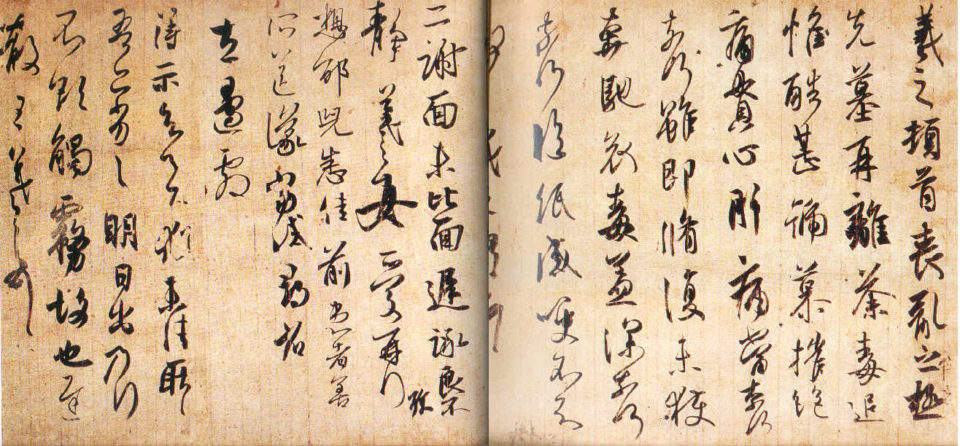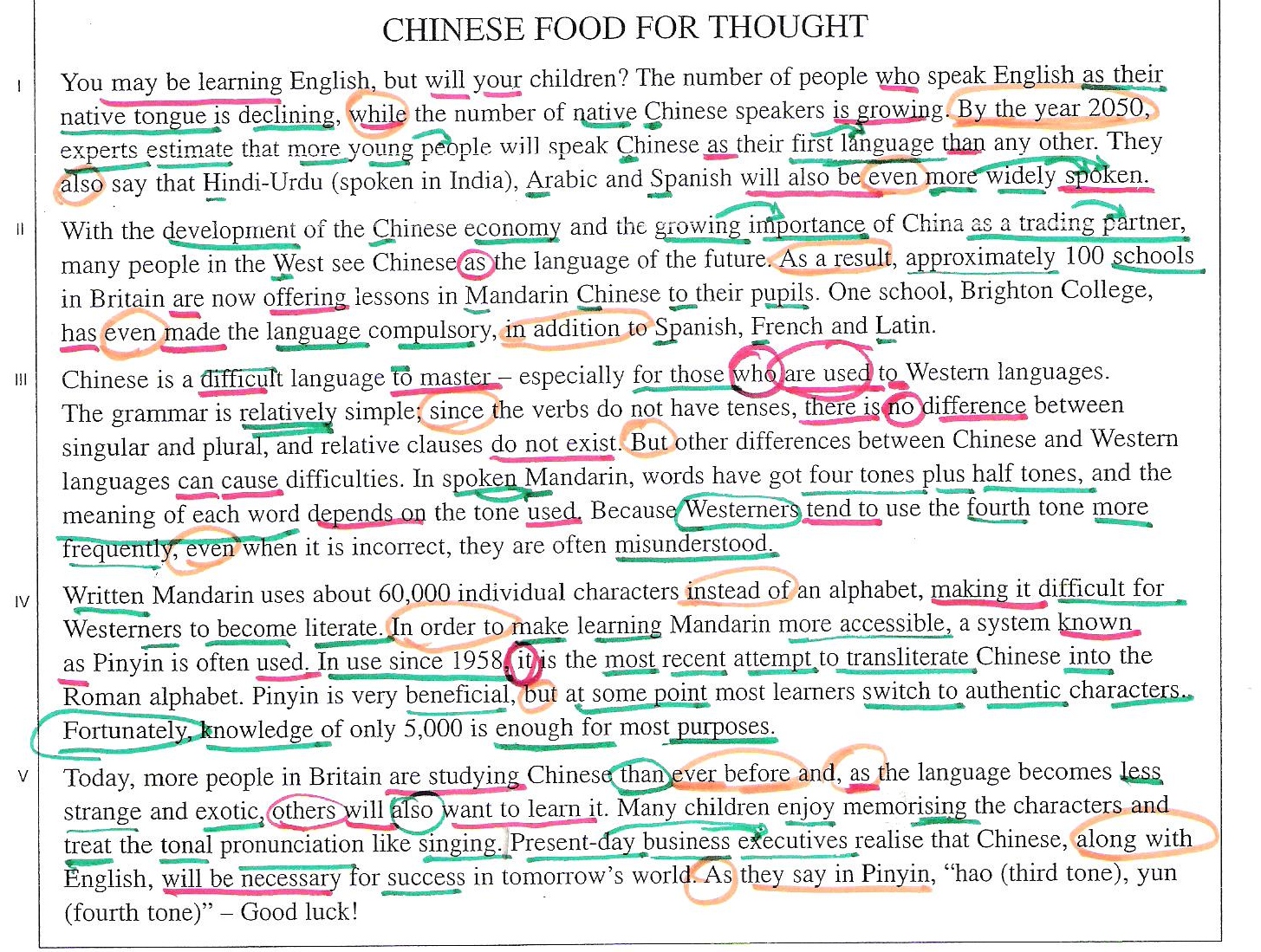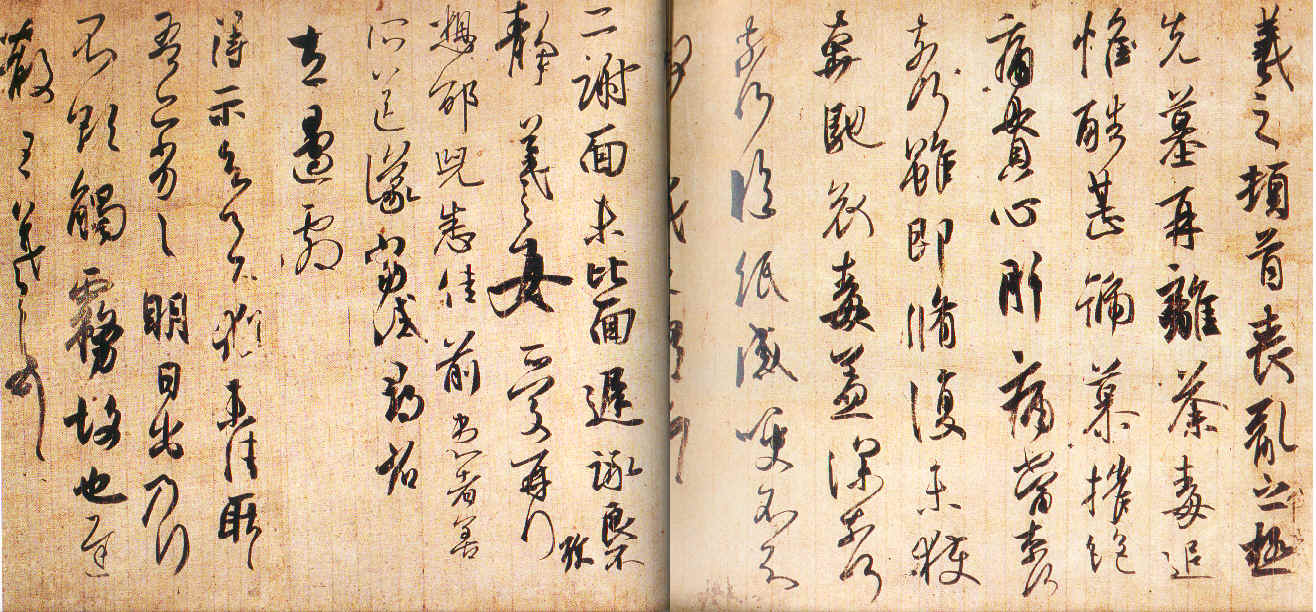As a wise person once said: “Talk good hard.” These immortal words have been passed down through generations, and they still ring as true today as they were when they were first muttered.
It’s difficult to learn languages, since they’re nothing but a bunch of made-up sounds with weird rules that aren’t really rules. Most of us spend our whole lives barely being able to spit out English, much less try to conquer some of the tougher syntactical challenges out there. For anyone who seeks to be a polyglot, the order is even taller.
View in gallery
If you’re trying to add a new tongue to add to your repertoire, here are the 15 hardest languages to learn, so you know what to avoid.
What Is The Hardest Language to Learn?
There’s no universal measurement for how difficult a language is to learn, so there is naturally some subjectivity inherent in this list.
View in gallery
Languages that are most closely related to your native tongue are going to be easier than those that are utterly alien to you.
The list below reflects languages with the most complexity, intricacy, and nuance – as well as the ones with the downright craziest rules – making them harder for anyone to comprehend.
1. French

Called the language of love, French, much like love, is confusing, frustrating, nearly impossible to get right, and makes you want to drink, heavily. If you start off with a Roman lingual base – such as Spanish, Italian, or Portuguese – you’ll do fine. Everyone else is going to be lost in the endless unusual pronunciations that are based on history rather than logic, rationality, or rules.
2. Mandarin

First off, don’t call this “Chinese” as there is no official Chinese language. Mandarin is merely the most popular and common dialect in all of China, and it’s only ignorant westerners who don’t recognize that, because everyone else knows how to speak it, since China is probably going to be ruling the world any minute now. Forget about writing things out the way they sound, and good luck learning the tone system.
3. Navajo

There’s a reason the military boys decided to use this as the basis for their Windtalkers program during WW part deux. It’s based around verbs, with most adjectives (descriptor words) having no parallel in Navajo, making translation tough. Also, if you aren’t raised speaking it, some words are indistinguishable due to how your neuro-linguistic brain pattern has been developed.
4. Danish

The spoken and written forms of Danish seem to have almost nothing to do with each other, so even if you’re a master of one, you’re still going to need to hit the books to figure out which sound goes with which word. A tongue-twisting sound system creates difficulties for anyone not raised speaking it, making an accurate accent harder than eating a soup sandwich.
5. Arabic

Not only are the letters in Arabic complicated, but each one has 4 different forms depending on where it’s placed in a word. That’s tough for writing it, but it doesn’t get better when you start trying to speak it, because there’s a load of different dialects spoken by a bunch of countries riddled with people who often hate each other. Imagine a deep-south bayou New Orleans trumpet player chatting with a cockney soccer hooligan and you’ll understand why the same language can be completely different, and impossible, when it comes out of two different mouths.
6. Vietnamese

Vietnamese has undergone a lot of changes, and that hasn’t made it any easier to learn. It began as an offshoot of a Chinese language that took on its own form over time. Then, heavy western influence came into the country (along with a boatload of soldiers looking to fight communism) and the language stopped being written in its original form, and is now scrawled down in Latin with accent marks thrown in like popcorn kernels. It’ll get stuck in your teeth time and again, and trying to read it is a crapshoot.
7. Hungarian

The words and the writing aren’t quite as hard to put together as many languages on this list, but where Hungarian starts to send students into a panic is when the Big Book of Terrifying Grammar Rules comes out. Possession and tense aren’t determined by word order, but rather by a suffix attached to the word. This makes it hard to figure out things like who is doing what, and when they are doing it. You’ll get the basics quick, but won’t be able to tell if someone owns a thing, and won’t be able to figure out if they already used it, will be using it, or are using it right now.
8. Norwegian

While Hungarian has a skein of grammar rules as long as Svetlana Pankratova’s legs, Norwegian goes the other way by having absolutely no official, correct way to speak it. There’s no such thing as proper spoken Norwegian, and those who use it have no problem switching to whatever dialect suits them at the time.
9. Icelandic

This language comes from the land that made singer Björk famous, which should tell you a little about how much crazy is lurking in the great frozen north. Heavily inflected with ancient words and meanings that laugh madly at the modern world, paired with enough insane grammar rules to choke one of the polar bears that vacation there.
10. German

Three grammatical genders (don’t ask what the third gender is. Just don’t lift any skirts or look down any Lederhosen in the Fatherland) along with plenty of inflection and multiple standard dialects give German its unique flavor. Try it for a while and you’ll see why every German speaker sounds angry, even when just ordering some bratwurst.
11. Japanese

The official language of red tape and bureaucracy, Japanese borrows heavily from multiple Chinese languages, and sprinkles in English for good measure. Both written and spoken codes are different, so you’ll never sound anything out. It’s also overrun with ways to show politeness and deference, because Japan is all about hierarchy and respect, and because those things are never needlessly complex.
12. Finnish

While the suffixes in Hungarian are tough, Finnish takes it to a whole new level. Everything seems to have a suffix that changes the entire meaning of a word, a sentence, a paragraph, or a name. Verbs, nouns, adjectives, pronouns, and everything else seems to have a few thousand different ways to modify them. Don’t worry though, only half of them will contradict each other.
13. Basque

Only about 700,000 people speak Basque, so you won’t run into it often, but what makes it difficult to learn is that it bears zero resemblance to any other language in the world. It has 5 dialects to choose from, so you’ll need to both learn which version you want to try, and then try to figure out how it fits with the other 4.
14. Greek

Older than anything else in the Indo-European bag of linguistic tricks, Greek has been kicked around for a couple thousand years, and it’s gathered much more than moss. Every few generations it gets overhauled and revamped, with complex sounds added in, inflections redesigned or removed, and new rules of syntax over which to do battle.
15. English

A horrid hodgepodge, English is an immensely difficult language to learn because it comes as the bastard child of Germanic languages and also Greek, bearing a few roots in Latin as well. The mishmash of contradictory rules, tenses, and constant fluctuations offer new challenges all the time, even for native speakers, and make it damn hard to write good, too.




















Try Brazilian Portuguese